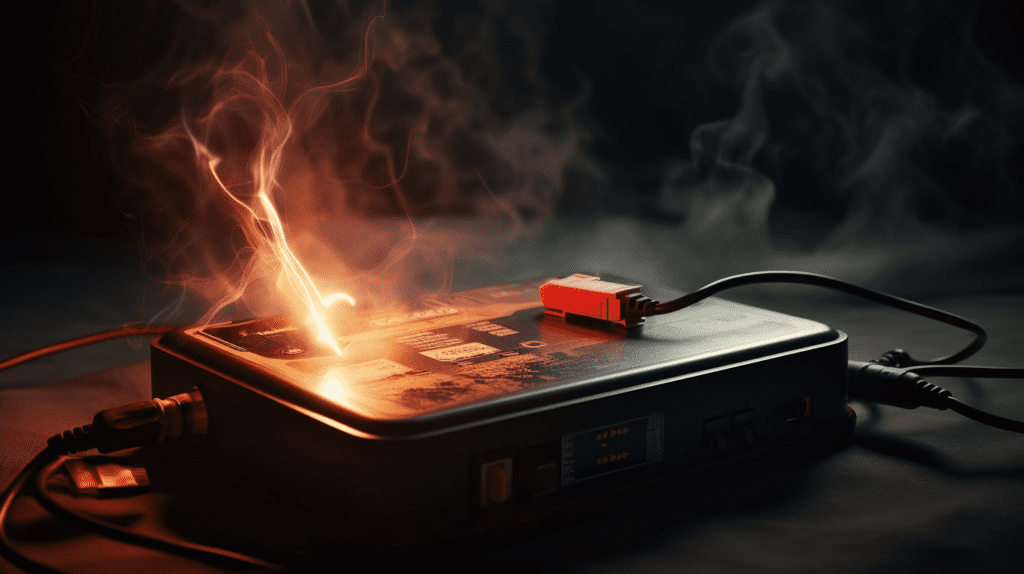
#post_seo_title
Overcharging a LiFePO4 (Lithium Iron Phosphate) battery can lead to several potential hazards and can significantly reduce the battery’s lifespan.
If a LiFePO4 battery is overcharged, the voltage in the battery will continue to increase, which can cause the electrolyte to break down and release oxygen. This can lead to a buildup of pressure inside the battery, which can cause the battery to swell, leak electrolyte, or even rupture or explode.
Overcharging can also cause the battery to heat up, which can lead to thermal runaway and further increase the risk of fire or explosion. In addition, overcharging can cause irreversible damage to the battery, reducing its capacity and overall performance.
To avoid overcharging a LiFePO4 battery, it’s important to use a charger that is specifically designed for LiFePO4 batteries and to follow the manufacturer’s instructions for charging and using the battery. Most LiFePO4 batteries come with a built-in Battery Management System (BMS) that helps to prevent overcharging and other potential hazards, but it’s still important to use caution and avoid exposing the battery to extreme temperatures or other hazards.


